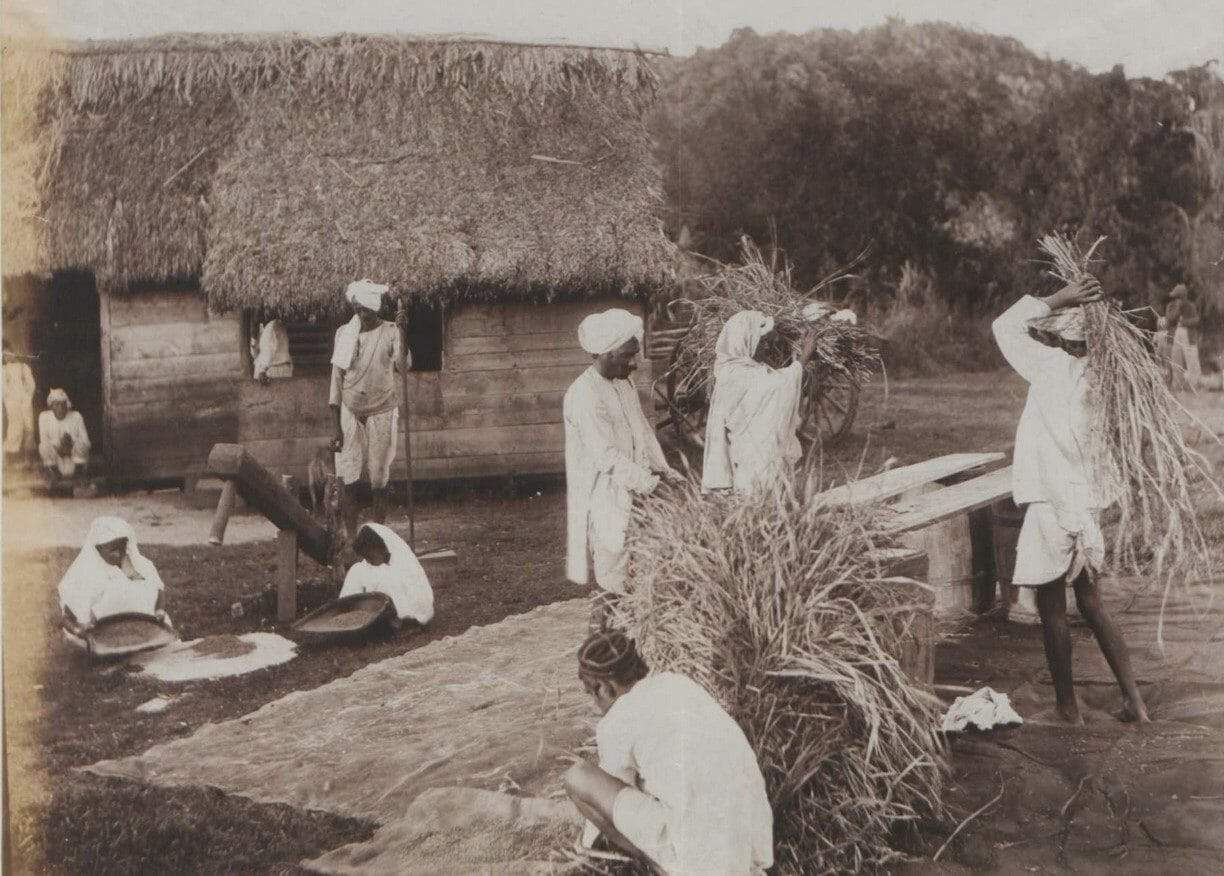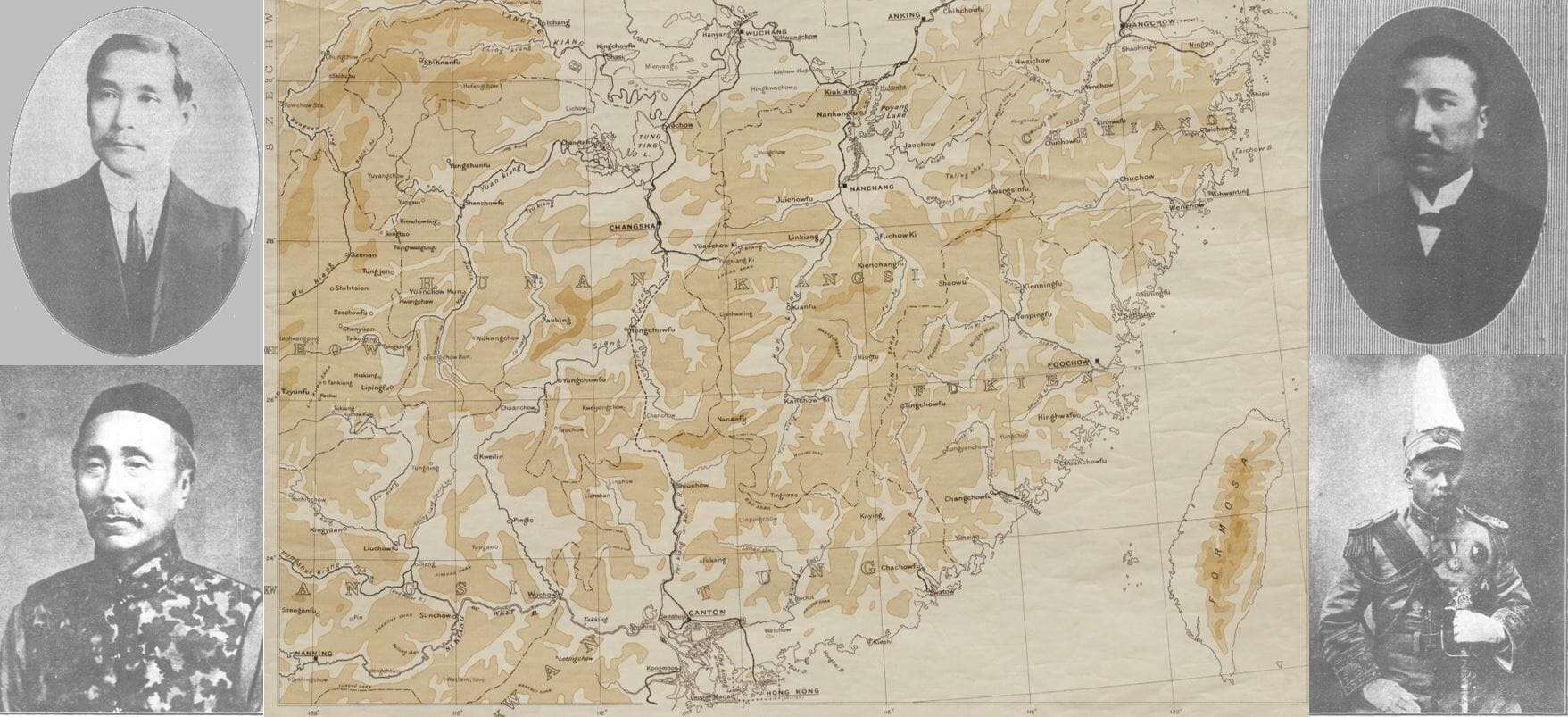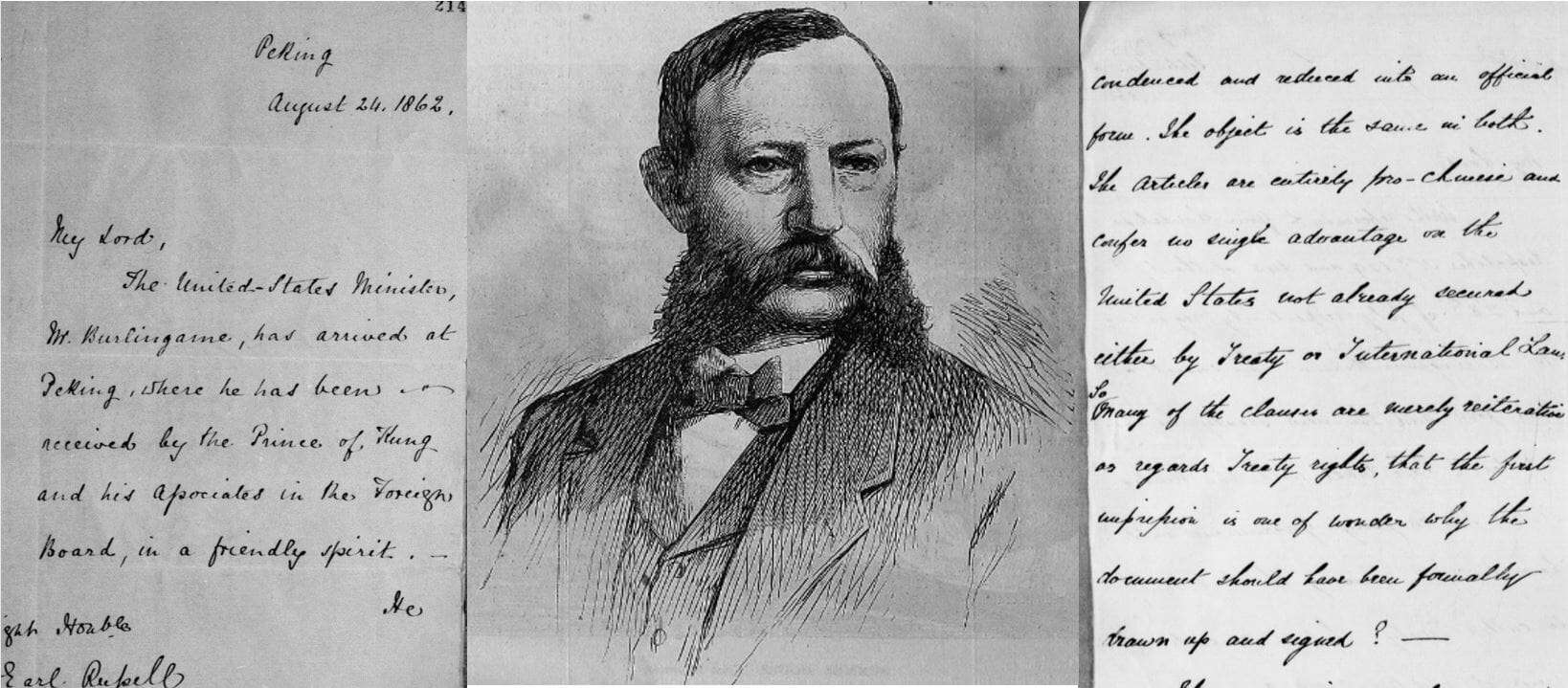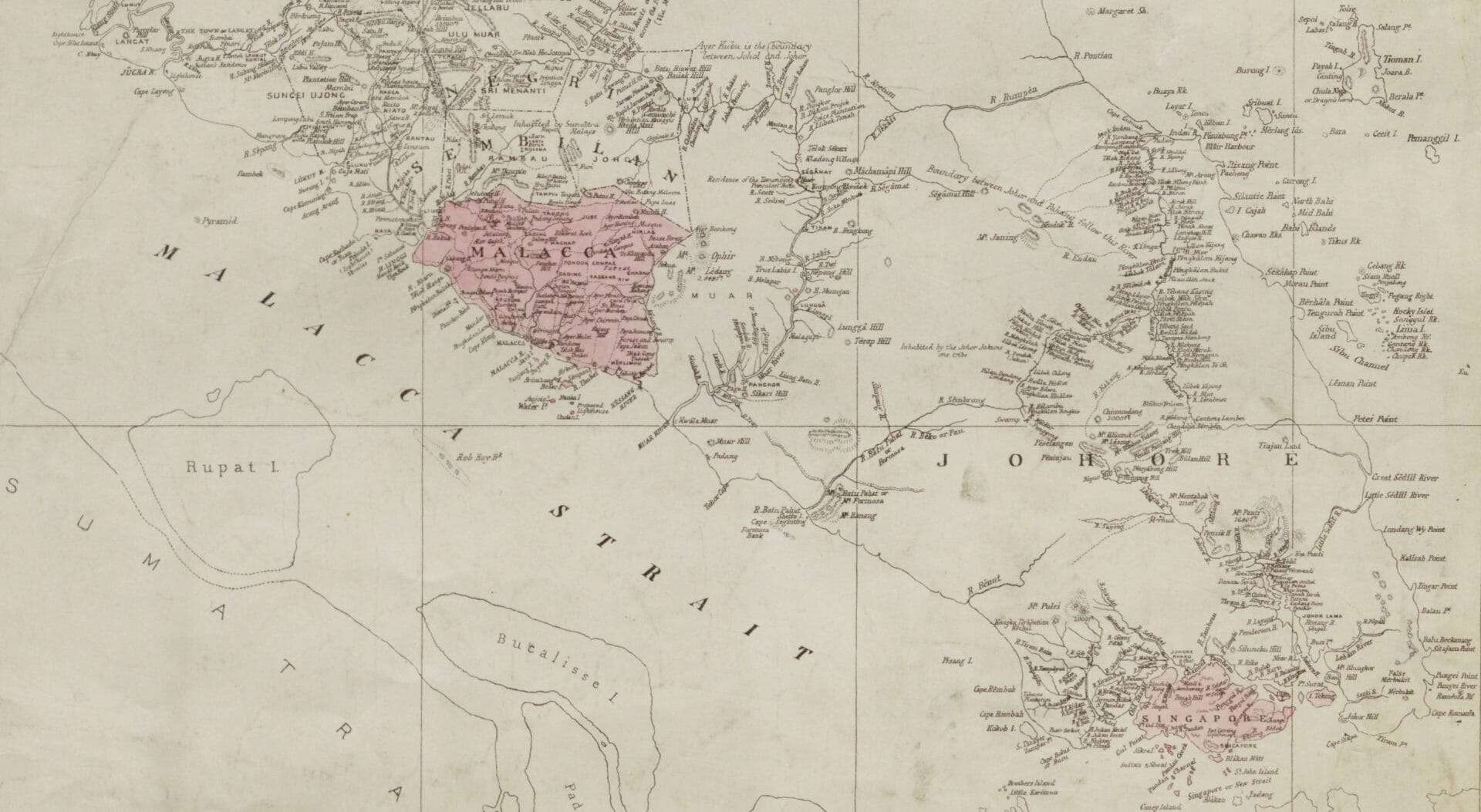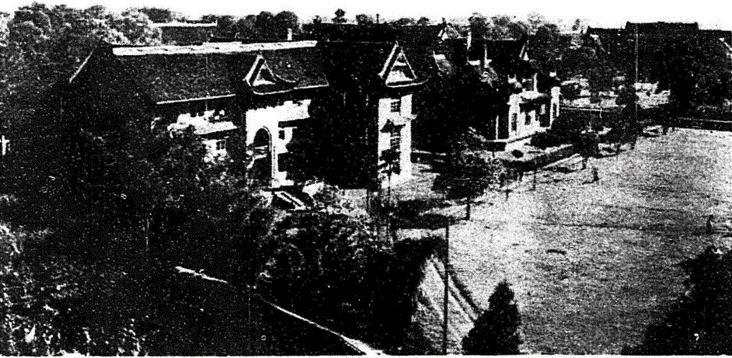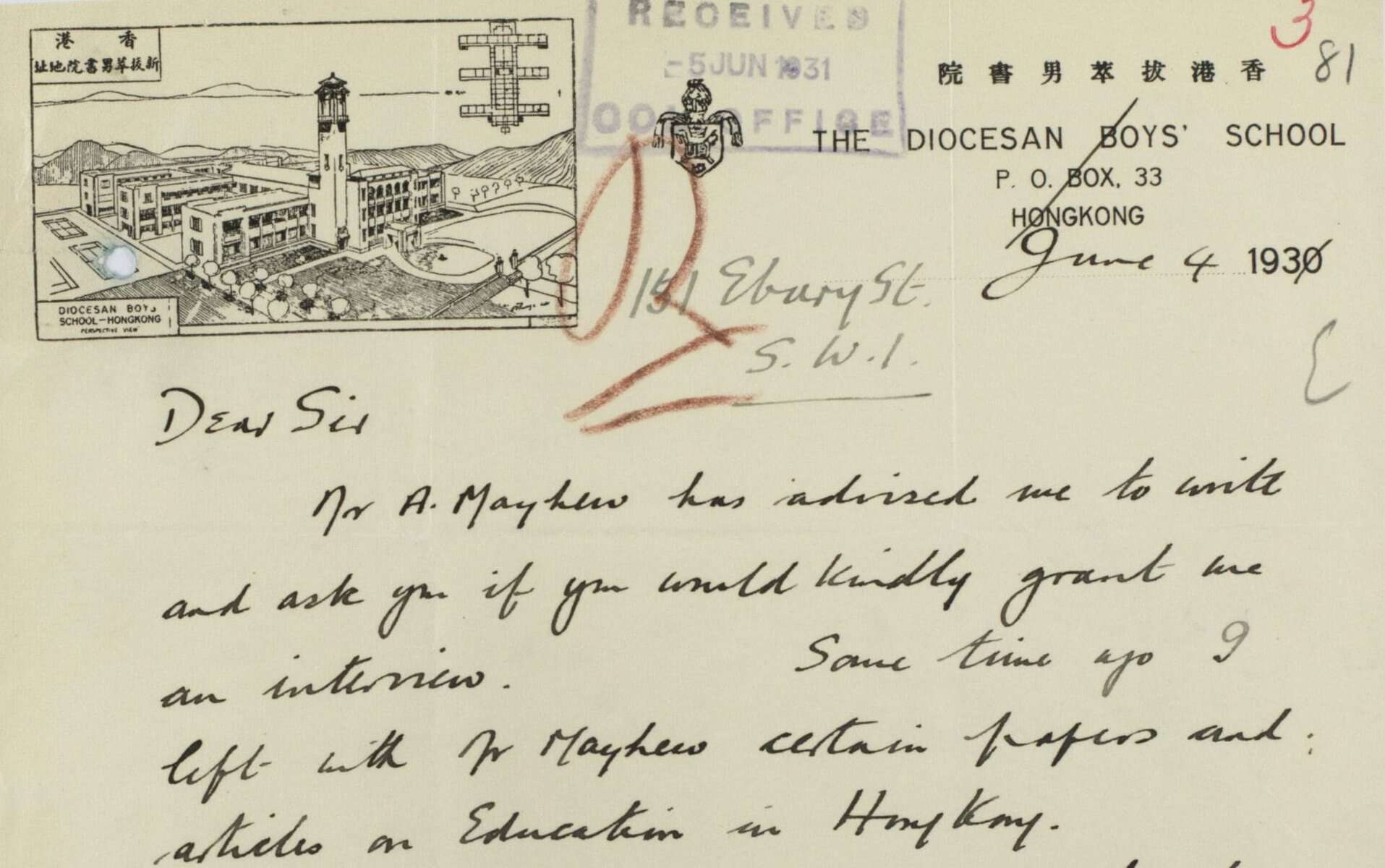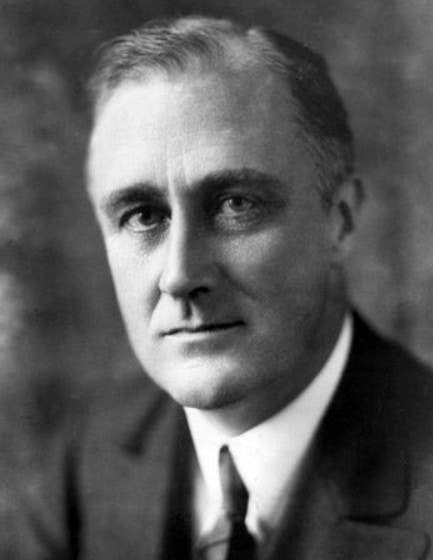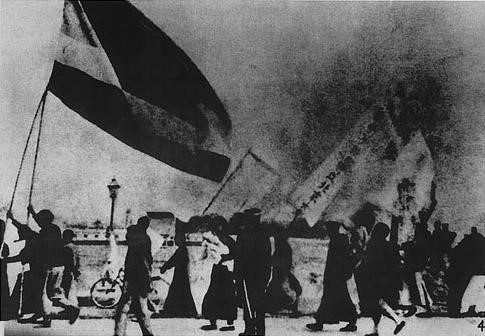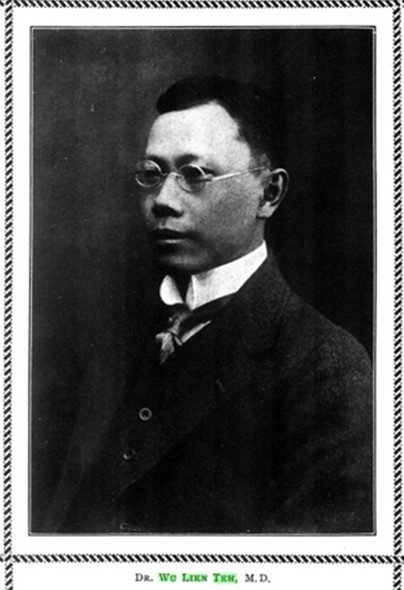│By Pauli Kettunen,
Gale Ambassador at the University of Helsinki│
One of the best aspects of Gale Primary Sources is the ability to search all the text in the archives. This is made possible by Optical Character Recognition (OCR). With this technology, any text visible in the scans (effectively photos of the primary sources) is transformed into script which can be read by a search engine, allowing the user to find relevant content much more easily. Until recently OCR has only been an option with printed texts, which has left handwritten records far less accessible in text-based searches. This can be a serious hindrance in trying to find relevant sources, as I will showcase. In addition, deciphering handwriting which dates back over a hundred years is often a significant hurdle for anyone without much experience in palaeography; even if you find the documents relevant to your project, comprehending them is another matter.
In other words, the
experience of many students deciphering historical handwritten documents today
feels like playing a video game in “hard mode”, something that you cannot do
unless you are prepared for a lot of frustration! Fortunately, as OCR
technology has developed, Gale now provides an “easy mode” for handwritten
primary sources! Like a supportive character in a video game, the Handwritten Text
Recognition
(HTR) will help you on your quest to discover the secrets of fascinating old
documents.
Read more

